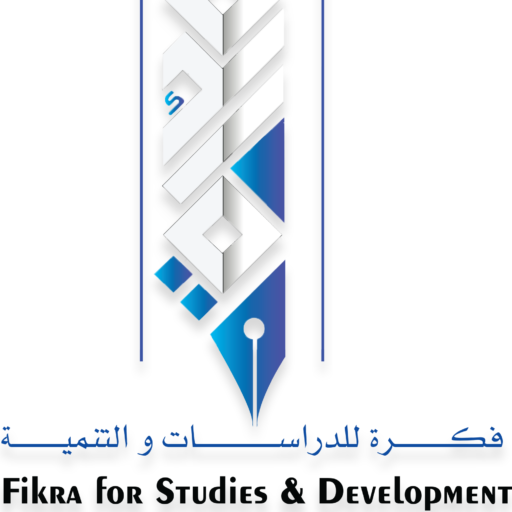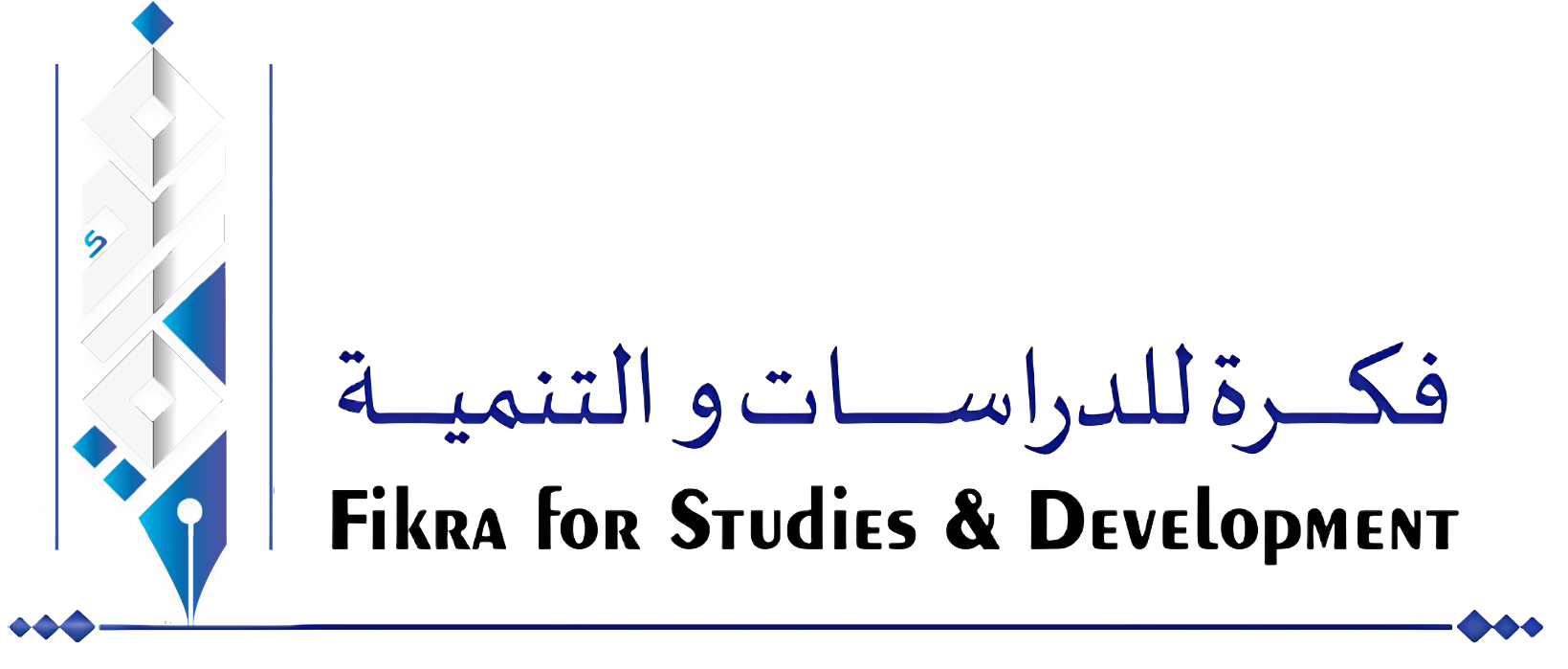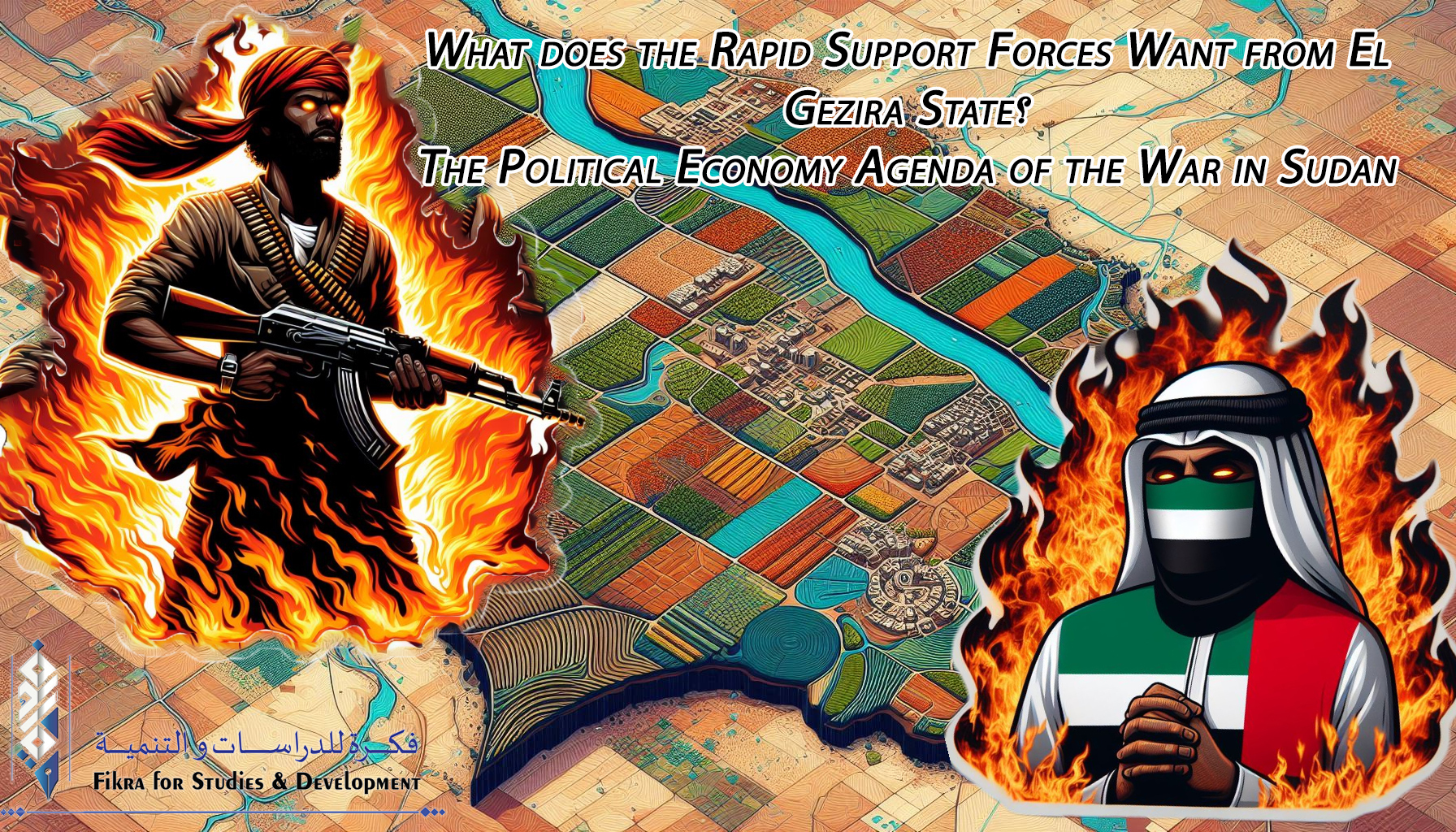What does the Rapid Support Forces Want from El Gezira State? The Political Economy Agenda of the War in Sudan
What does the Rapid Support Forces Want from El Gezira State? The Political Economy Agenda of the War in Sudan
On the morning of Friday, June 21, 2024, the Rapid Support Forces (RSF) militia overran Asir, a small farming town in the countryside of al-Hawsh area in the Gezira state. RSF attack resulted in the death of 17 civilians and the injury of dozens of others, in addition to a large wave of displacement of civilian citizens, toward El-Managil and other areas far from the reach of the militia, while the militiamen went on their usual acts of looting and various attacks in each area they invade.
Two days earlier, the militia had overrun the city of Al-Huda in western El-Gezira state, after targeting it for nearly half a day with intense artillery fire. This attack resulted in more than 20 civilian casualties, in addition to many injuries, and caused a large displacement of citizens from the area toward the village of Azazi and a number of nearby villages, seeking safety. The attack was also accompanied by widespread looting of agricultural crops and food stocks in the city.
On June 5, 2024, RSF launched a violent and brutal attack on the village of Wad al-Noura, west of El-Managil area in the El-Gezira state. The RSF attacked the village twice throughout the day, beginning with intense shelling using heavy artillery, followed by a large-scale ground assault on the village from three directions. During these attacks, the militia committed a bloody massacre, killing more than 200 people and injuring other hundreds. The RSF returned to storm the village on the morning of June 6, 2024, and took control of it and deployed its forces there.
Over the last two weeks of May 2024, the town of Al-Tikina in al-Kamilin locality, in northern El-Gezira state, has been the target of sustained attacks by the RSF militia, with between 10 and 18 civilian casualties every day. These events began when, on Monday, May 20, 2024, a group of militiamen attacked the rural town for the purpose of looting, pillaging, and what became their customary exploitation of Sudanese civilians. Residents confronted the RSF attack with firearms and sticks (crutches) and forced the militiamen to retreat. The militia responded by storming the town and attacking it with firearms, machine guns and heavy artillery shelling. Ten victims were killed on the first day, and the militia again attacked the following day, causing a further number of casualties. Residents evacuated large numbers of senior citizens, children, and women via canoes across the Nile to secure locations in eastern El Gezira state in anticipation of the attack’s continuation. The attacks were fiercely resisted by the local residents until June 1, 2024, when an agreement was struck with Abu Aqala Kikel, the commander of the RSF militia in El Gezira state, to cease targeting the town.
On June 23, 2024, the RSF militia issued a warning to the residents of the villages of Al-Awamra, Karib, and Musaid in the western region of Al-Gezira state, demanding them to evacuate their areas immediately. This threat was issued in the midst of numerous instances of intimidation and looting, which resulted in a significant number of women, children, and the elderly being forced to flee on foot in search of safety from the RSF, which had previously undertaken heinous acts of terror in the other regions it had occupied.
These abuses and atrocities, which have recently increased in frequency, are not the only ones that have occurred since the RSF militia overran Al-Gezira state last December. On December 18, 2023, Wad Madani, the state’s capital, fell to the RSF militia. Dozens of murders, looting, and rape incidences were committed against its civilian population after the shameful withdrawal of the first Infantry Division of the Sudanese Armed Forces, which was tasked with protecting the city. The crimes of the RSF did not exclude even WFP warehouses, which were looted by the militiamen, even after the RSF Command was informed of the coordinates of the warehouses and WFP received assurances that the warehouses and food stocks would not be affected. This ultimately led to the suspension of humanitarian relief efforts by the WFP and other UN organizations, according to the UN Office for the Coordination of Humanitarian Assistance.
According to the WFP statement on the cessation of operations, the stolen food could have provided nourishment for nearly 1.5 million severely food-insecure individuals in Sudan for a whole month. The statement also specified that members of the Rapid Support Forces looted the provisions intended for approximately 20,000 malnourished children and nursing mothers. The stolen supplies comprised legumes, sorghum, vegetable oils, and nutritional supplements, totaling over 2,500 tons of life-saving food. This act of looting humanitarian assistance and halting aid agencies served as a tactic to enforce a starvation siege and induce famine, ultimately forcing local residents and indigenous communities to abandon their homes.
Since then, the RSF militia has continued to threaten and attack Al Gezira towns in an attempt to force its residents to flee. The RSF has repeatedly attacked the areas and villages of Rufa’a, Hantub, Halawin, Al-Housh, Wad Al Munir, Al-Kamr Al-Jaa’ileen, Fadasi, Al-Me’alliq Al-‘Awai’dah Fetais, Al-Hamadab, Abbas, Wad Al-Abyad, Al-‘Azzazi, Al-Babnousa, Al-Harraqa, Al-Talha, Bant, and other areas in the urban and countryside of Al-Gezira state. These areas and villages were spread across Al-Gezira, from north and east to south and west, and their names are not just words, but the homes of regular people, filled with their dreams, hopes, joys and small sorrows. These names refer to their little hometowns, residences, markets, farms, schools, hospitals, and health facilities. They were incubators for their regular existence and daily life, which was safe before to the militia’s arrival. Despite this, the civil administration designated by the RSF in accordance with its agreement with the Taqqadum alliance “Hamdok-Hemedti Agreement signed on January 2, 2024” o manage the affairs of Al Gezira has been absent from any efforts to stop or even criticize these atrocities.
With the escalation of the RSF militia attacks in Gezira state, it is becoming clear that the RSF’s actions are not just a matter of insecurity or simply looting, and the profiteering by which RSF tempts its recruits to join its ranks. Rather, it reveals a deliberate objective and a deliberate methodology aimed at displacing citizens from their native lands. Al Gezira is not only the second largest urban center in Sudan after the capital Khartoum but also hosts the Al Gezira Agricultural Scheme, the world’s largest natural flow irrigation project.
The state of Al Gezira, which is bisected in the middle by the Blue Nile and stretching eastwards towards the White Nile before their confluence in Khartoum, has advantages that make it particularly suitable for irrigation and natural agriculture. Silt and fertile soil washed away from the steep Blue Nile from the Ethiopian plateau increase the fertility and arability of the land. The natural slope of the land allows the flow of water through the irrigation channels to occur naturally and at a low cost compared to other irrigation systems. Moreover, the soil’s high mud content significantly reduces water leakage losses.
Construction of the Gezira Scheme began in 1911 during the colonial period with an area of 250 acres. The project continued to develop and grow to its current size estimated at 2 million and 200 thousand acres of fertile land enjoying natural irrigation in 1962. The project, which was fully nationalized in 1950 – six years before Sudan’s independence – and which includes about three and a half million farmers residing in it, was characterized by a participatory management system between farmers, project management and the Government of Sudan. This gave farmers a great deal of stability in the region and constituted a unique model of land ownership and allowed them effective participation in the management of the project and the state as a whole.
Upon the inception and exportation of oil in Sudan, the Al Gezira Agricultural Scheme used to be the primary economic resource for the Government of Sudan’s yearly budget. However, the arrival of oil, followed by the gold rush, triggered the “Dutch disease” in the Sudanese economy under the deposed Islamist regime. As a consequence, attention towards the Al Gezira Agricultural Scheme waned, leading to the neglect of regular irrigation maintenance. This neglect caused a significant decline in the project’s productivity and, consequently, a reduction in its economic impact.
Nevertheless, during the 2019-2021 period of the Revolution’s Government, particularly in the 2020 agricultural season, Al Gezira Scheme demonstrated its significance as an economic asset remained. It played a key role in fulfilling approximately 40% of Sudan’s annual wheat requirements for that year. Furthermore, the project also contributed to the cultivation of legumes, vegetables, and cash crops.
The growing geometric pattern of violations in Al Gezira can’t be seen as mere randomness. Only the sightless – and, naturally, the oblivious – overlook the significance of the political economy element in Sudan’s ongoing conflict. The dispute over economic self-interest has been one of the factors that fueled rising polarization and rivalry among the military factions vying for control in Sudan.
As the involvement of foreign nations backing the RSF militia, notably the United Arab Emirates, (UAE) is revealed, it is reasonable to assume that the acquisition of the Al-Gezira Scheme is a significant point of focus. This is due to Sudan’s abundant untapped resources, along with the UAE’s top concerns about food and water security. The scheme’s fertile land, easy cultivation, and cost-efficient irrigation system make it a valuable target for the UAE in this conflict. The UAE is facing significant food security challenges, as food consumption is estimated to be growing at an annual rate of 3.5%, according to the UAE Ministry of Economy. With only about 0.5% of its land suitable agricultural and a severe shortage of water resources, the country heavily relies on energy-intensive desalination for water, most of which is for human use. Importing 90% of its food requirements from abroad leaves the UAE vulnerable to price fluctuations, political situations and supply chain issues. However, despite all these obstacles, the UAE has set a goal to lead the world in food security by 2051.
The UAE has earlier planned to acquire the Sudanese province of Fashqa, famed for its fertile territory near the Ethiopian border, in May 2021. The territory was controlled by Ethiopian paragovernmental militias, but the Sudanese army took advantage of the fighting in Tigray to drive the militants out and liberate it. As a settlement to the dispute, the UAE proposed to take Fashqa’s land under its investment umbrella. However, these efforts were ineffective at the time, leading to UAE backing for the Burhan-Hemedti coup against the civilian government in October of the same year.
The approach of forced displacement to take over the land of indigenous people – farmers in particular—is not new to the Janjaweed, but rather one of their entrenched tactics, which they practiced early in their first war in Darfur. This has led to large waves of displacement and refugees over the years of the ongoing Darfur war.
The phenomenon of new settlers who settled in the original homes of displaced civilians and occupied them has emerged in a way that complicates the attempts of the displaced to return to their homes even during periods of calm in the conflict. Georgette Gagnon, deputy director of Africa at Human Rights Watch in 2004, described the Janjaweed militia approach (the former manifestation of the current Rapid Support Forces) by saying, “militias not only take the lives of individuals, but also destroy the livelihoods of tens of thousands of families; The targets of this are farmers in the region,” Human Rights Watch noted in the same report (Sudan: Widespread atrocities in Darfur) issued on April 2 , 2004; government forces affiliated with the then Islamist regime and allied Janjaweed militias rely on a “forced displacement strategy” that includes “systematic destruction of villages “, “killing, rape, looting by militias” and “burning and destruction of farms and land”. in addition, “government forces and allied militias killed several thousand civilians from the Fur, Zaghawa and Masalit groups and raped women and girls, abducted children and looted tens of thousands of cattle and other property. In many parts of Darfur, these government forces and militias have deliberately burned hundreds of villages, destroyed water resources and other infrastructure, making it harder for residents to return.” The RSF militia has been repeating these same practices today in the villages of Al-Gezira, Darfur, Khartoum State, and other areas reached by its battalions.
The late Sudanese poet Mohamed al-Hassan Salim Hameed reflected this state of turbulent and violent political agency in his poetry, which, in its entirety, captured the dynamics of Sudan’s political history scene.
Masters changed
But same chain remains, The same hands constraints
There is no better description that applies to the RSF militia in the various manifestations of its development by putting its weapons and criminal approaches in the service of those who pay more and do whatever to achieve the interests of its masters at the expense of the safety, stability and peace of life and livelihood of the Sudanese.
|


